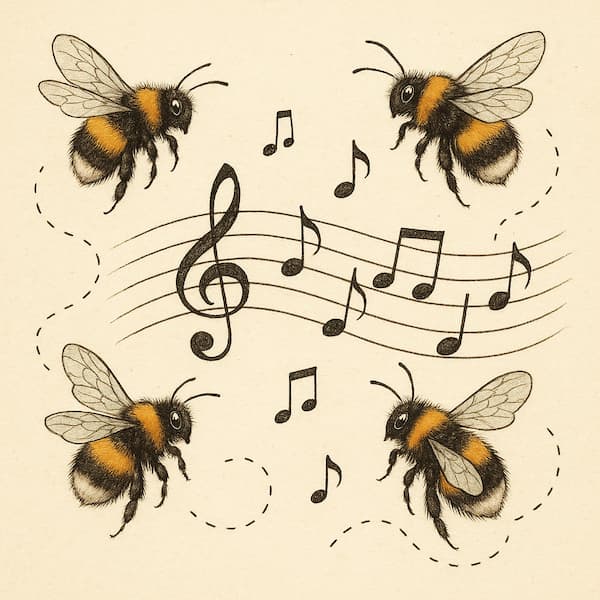In 1888, the Russian composer Pyotr Ilyich Tchaikovsky encapsulated the tragic history of Hamlet, Prince of Denmark, familiar through Shakespeare’s play of the same name, into a fantasy overture. Tchaikovsky had written these kinds of works before, his most famous being the Manfred Symphony of 1885.
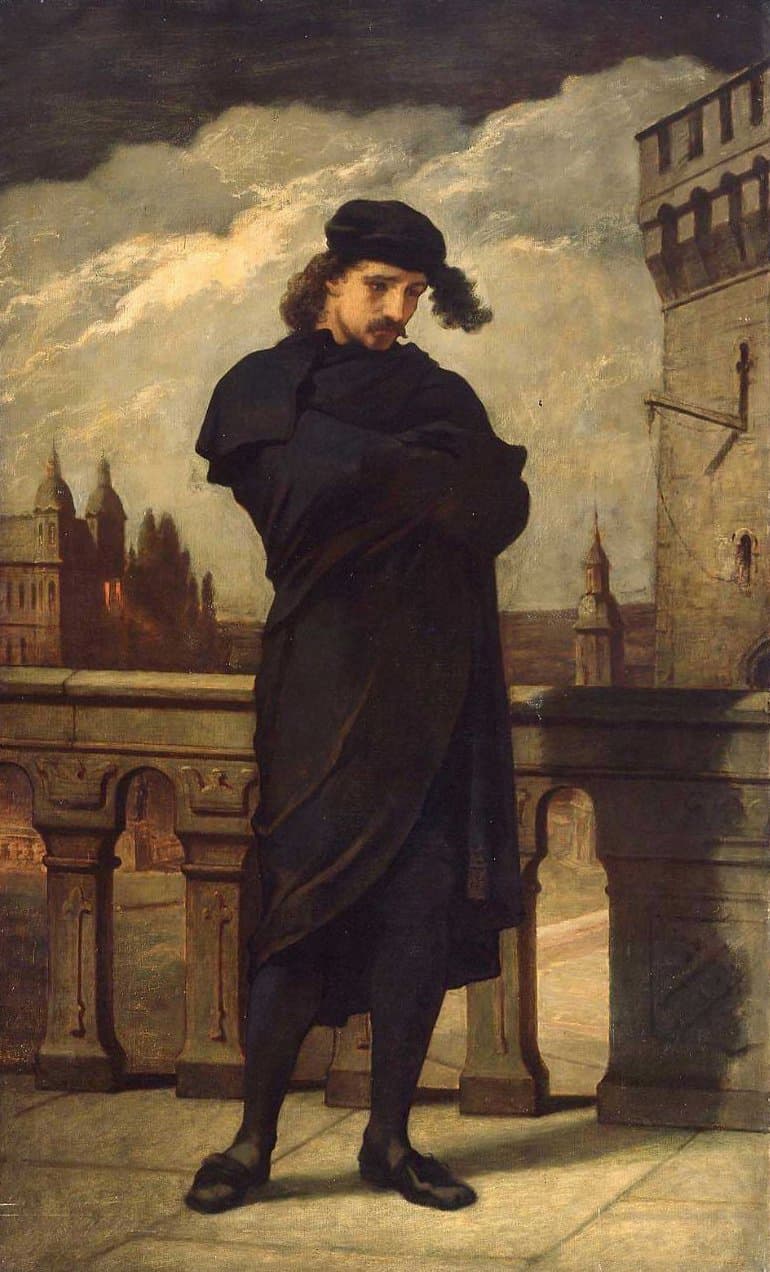
William Morris Hunt: Hamlet, 1864
The work is dark at its opening, reflecting the prince’s troubled life. His father, the King, recently died, and his mother married his father’s brother, who has taken the throne. Denmark is in a fight with Norway after Hamlet’s father killed their King in a battle. An invasion by Prince Fortinbras of Norway is expected.
The ghost of Hamlet’s father is seen on the ramparts, and Tchaikovsky brings him in with stopped horn notes.
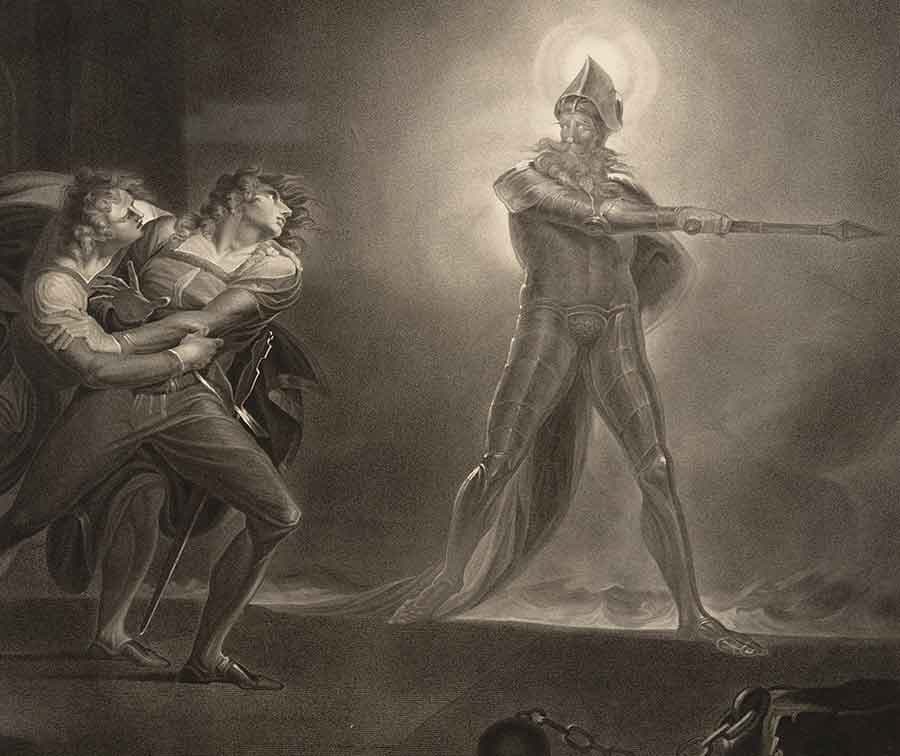
Henry Fuseli: The Ghost of Hamlet’s Father, 1805
Hamlet’s crazed appearance at Ophelia’s door is taken up in a whirling Allegro vivace before Ophelia is given her own melancholic voice in the oboe.
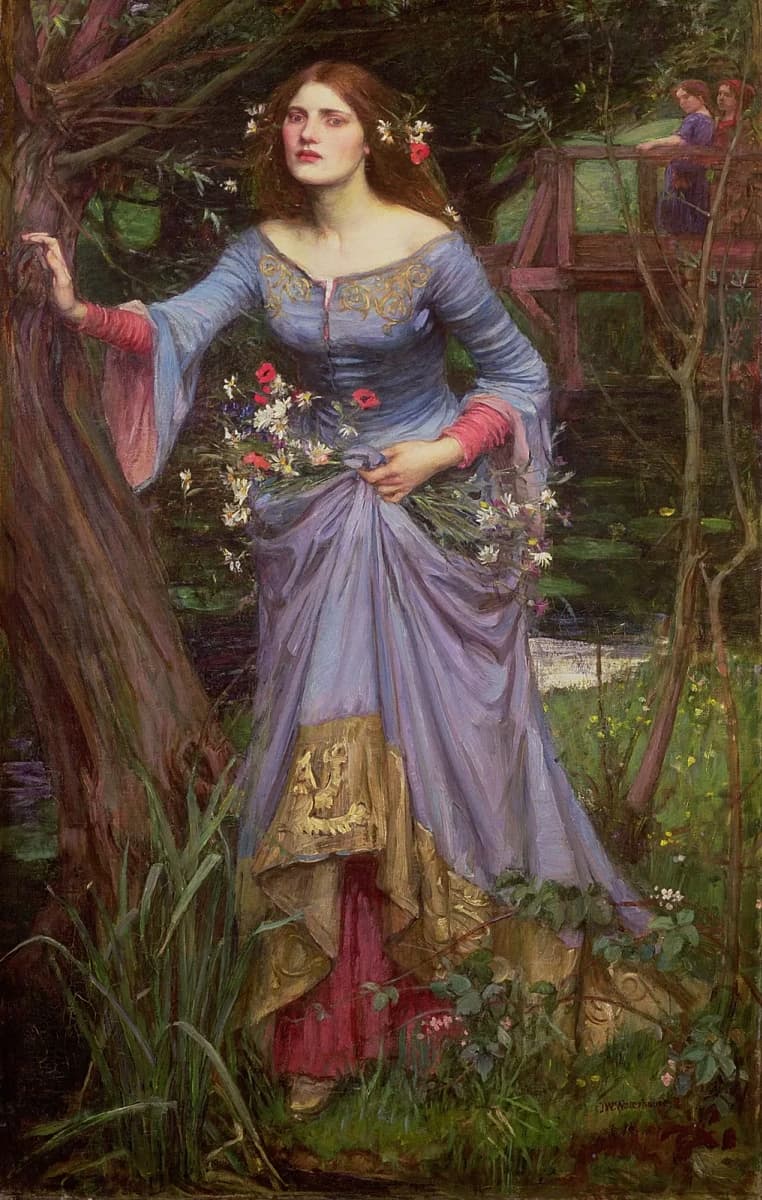
John William Waterhouse: Ophelia, 1910
Fortinbras, as befits the invading force, is given a jaunty march. On his arrival at the palace, he finds the dead bodies of the entire Danish royal family: Queen Gertrude poisoned, Claudius killed by a sword, and Hamlet dead by Laertes’ poisoned sword blade. Before his death, Hamlet has named Fortinbras as his successor and tells Horatio to stay alive to convey that news.
Pyotr Ilyich Tchaikovsky: Hamlet Fantasy Overture, Op. 67a (BBC Scottish Symphony Orchestra; Alpesh Chauhan, cond.)
A tragedy from the very beginning, this tale of politics and friendship, ghosts and eavesdroppers, and, in the end, death is one of the most powerful tragedies in English. Its story has captured the imagination of artists and writers from the 17th century onward. Actors make their name in the leading role, and his ‘To be, or not to be’ speech is familiar to all today. Philosophy from the Sophists to the existentialists find reference in the work and it was a particular inspiration to Freud’s work on early childhood neuroses and Oedipal conflicts. It’s also one of the most quoted of Shakespeare’s plays, from Hamlet’s soliloquy mentioned above to single lines such as the English Ambassador’s ‘Rosencrantz and Guildenstern are dead’.
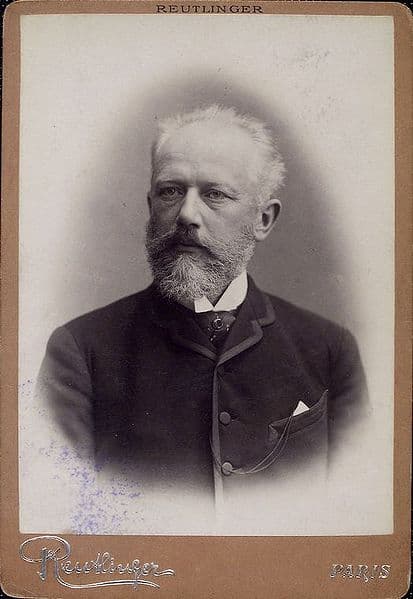
Tchaikovsky, 1888
Tchaikovsky wrote his Fantasy Overture in 1888 and then reworked it in a shorter version in 1891 for a production of the play itself. It was the composer’s third work based on Shakespeare, following Romeo and Juliet in 1869 and The Tempest in 1873. Although, as detailed above, Tchaikovsky follows the storyline, he doesn’t give it in a detailed narrative programme.
For more of the best in classical music, sign up for our E-Newsletter

